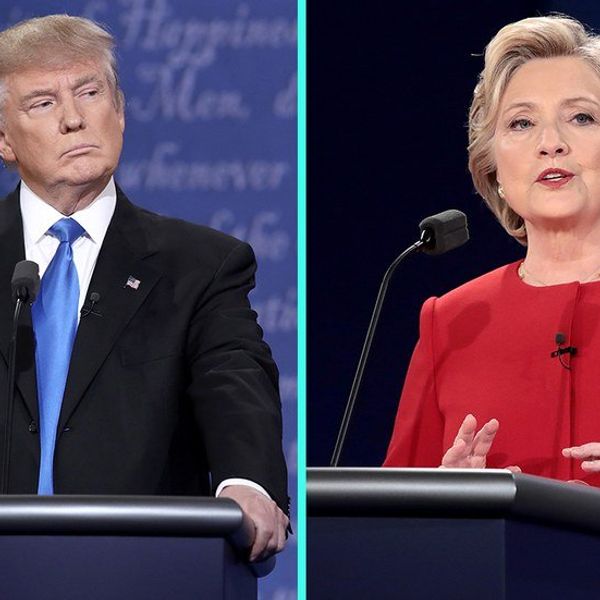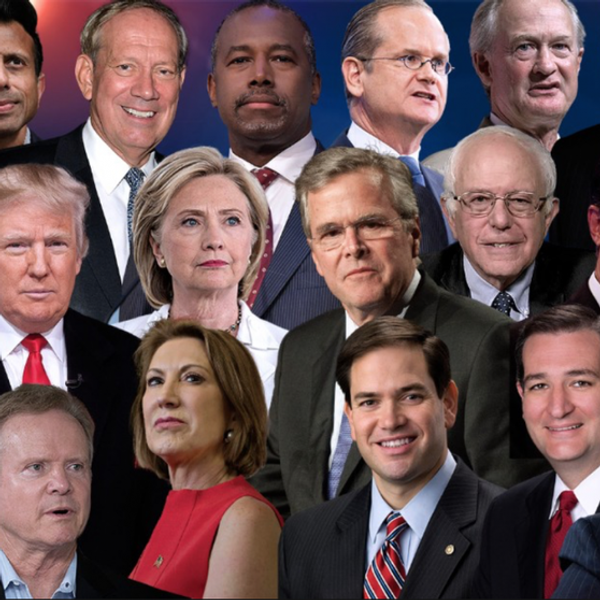If you have been paying attention to the current election cycle, it is no secret that the front runners can easily be described as less than desirable. One on hand we have a loud mouth, insensitive bully and on the other we have a lying, cheating megalomaniac who belongs in a jail cell rather than the Oval Office.
Many of today's voters believe that are stuck between the two and forced to pick the lesser of two evils. This mentality is toxic to our democracy and should not be the norm for the electorate. While many are deciding not to vote, a valid option that Michael Brendon Dougherty defends eloquently in his article in The Week, is that this is not the only way to try and steer the election away from the two major party front runners. Another option presents itself in the form of third parties. These alternatives to the dominating forces of the Republican and Democratic parties should be considered a serious option when going to the polls.
Many make the argument that a vote for a third-party candidate is a wasted vote. This is a poisonous thought and anti-democratic. First, there is no such thing as a wasted vote. Your vote, no matter where it is cast, is valid and a statement of who you support. Secondly, third parties can and have been successful in past elections. For example, the Libertarian Party and Green Party both have members holding an elected office. Votes for third parties have also heavily influenced past elections. Third party candidates and the votes they earn can occasionally shape and change an election entirely. From Teddy Roosevelt and his Bull Moose Party to Ralph Nader's Reform Party, these and others have changed the face of an election via the votes they garnered.
Third party candidates also offer alternatives to those who do not feel as though they fall in the confines of the right or left of the political spectrum. These parties offer a place where people with like-minded ideas can voice their opinions and influence their local, state and federal governments. These parties offer greater options to those who are trying to find the perfect political fit between two major parties that are not always the most agreeable.
Third parties can also highlight different issues that sometimes go overlooked. This is extremely beneficial to the general electorate as it causes them to think about issues and causes that they might not have viewed as prevalent before. For example, the efforts put forth by the Green Party have brought environmental concerns to the front of many political debates. Likewise, the efforts of the Libertarian Party have done a great deal to shun the extreme views of the far left and the far right and have shown that compromise in the form of conservative economic policy and liberal social policy is entirely possible.
This election is shaping up to be a doozy. The leading candidates of both parties have become increasingly unpopular and many voters feel as though they have to choose between the lesser of two evils. More are debating sitting out this election cycle to avoid voting for two candidates that they see as inept and incapable. While some may be thinking of voting third party, many hesitate due to the stigma that a vote for a third party is a vote wasted. This is most certainly not the case. Third parties are viable, and third parties should be considered.





















